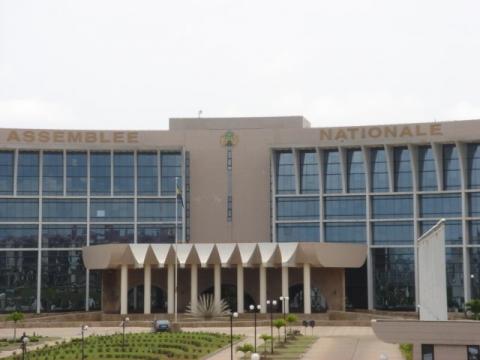
Gabonese Senators have been called upon to systematically use evaluative evidence in legislation and embrace the culture of evaluation in order to be more effective as an oversight body. The call was made by Hon. Andre Richard Moussounda Mikala, Chair of the Finance Committee in Gabon’s Senate.
“We have to ensure that evaluation becomes a culture in our practice at the assembly as we perform our oversight duties. We have to ask ourselves: why a specific policy was put in place? What evidence underpinned the policy? What was the effectiveness and efficiency of the policy? Hon. Moussounda said.
Specifically targeting Gabonese Senators, the awareness-raising seminar was intended to share knowledge on good governance, evaluation of public policy and the role of parliamentarians in development evaluation.
“The seminar was also intended to enable Senators understand that the best way to examine the finance law is through rigorous evaluation,” said Hon. Moussounda.
In July 2015, Independent Development Evaluation (IDEV) of the African Development Bank (AfDB) helped organize the first Annual General Meeting of the African Parliamentarians’ Network on Development Evaluation (APNODE). The work plan adopted at the end of the pioneer General Assembly called for the creation of national chapters among many other action resolutions. Gabonese Senators were also informed of the existence of APNODE and encouraged to sign up for membership.
Many African parliaments have already created or on their way to creating national chapters of APNODE. These include: Cote D’Ivoire, Cameroon, Gabon, Kenya, Uganda and Zimbabwe. Meantime, Zimbabwe is expected to the host the second General Assembly of APNODE in the last week of July or early at the beginning of August 2016.
Evaluation of public policies in Gabon is a relatively recent practice, says Hon. Moussounda. It is progressively integrated in the Gabonese government’s approach to improve its fiscal health and overall governance system. Focus is now on institutionalizing the practice of development evaluation within the public system, building capacity and sensitizing actors.

